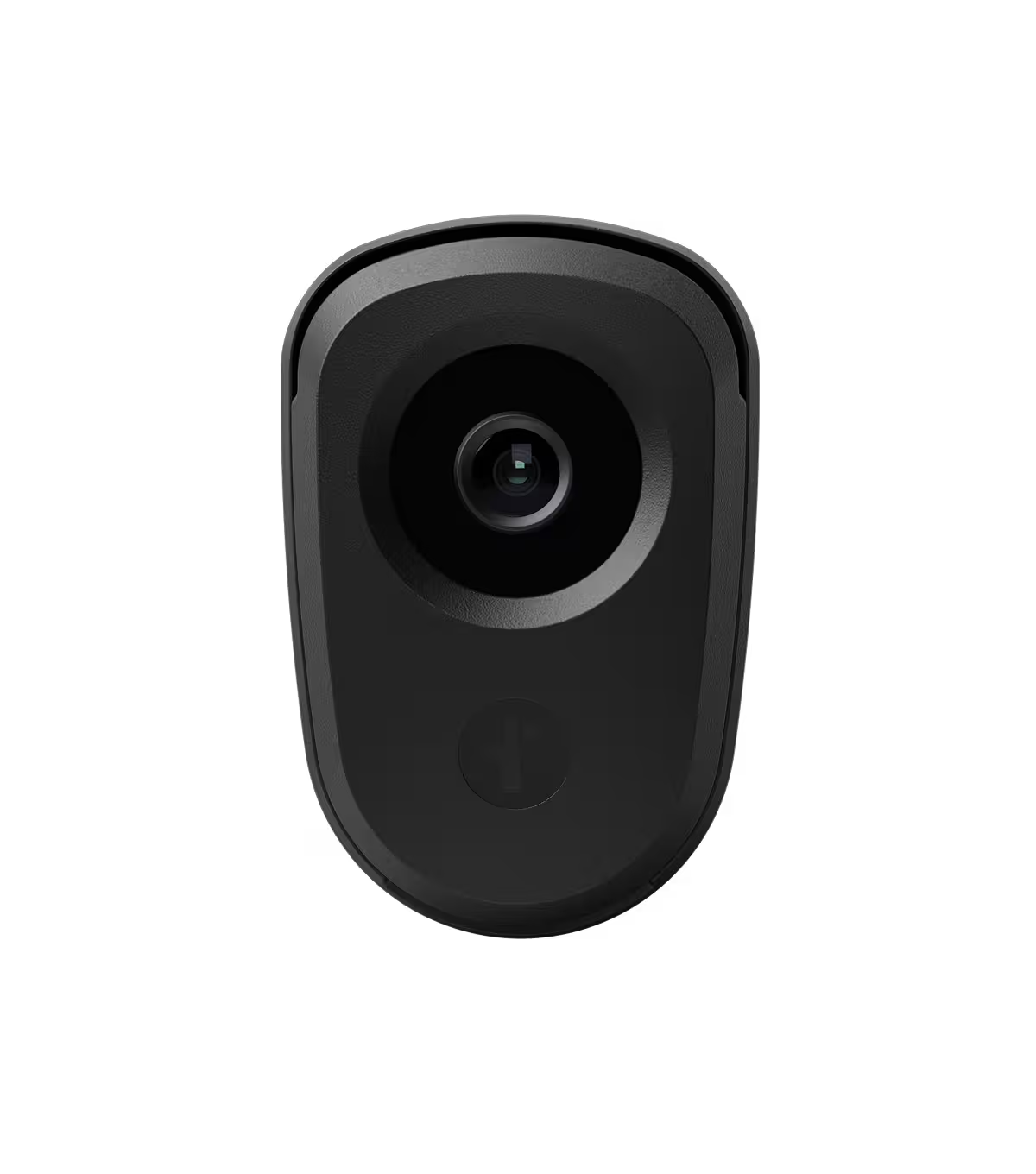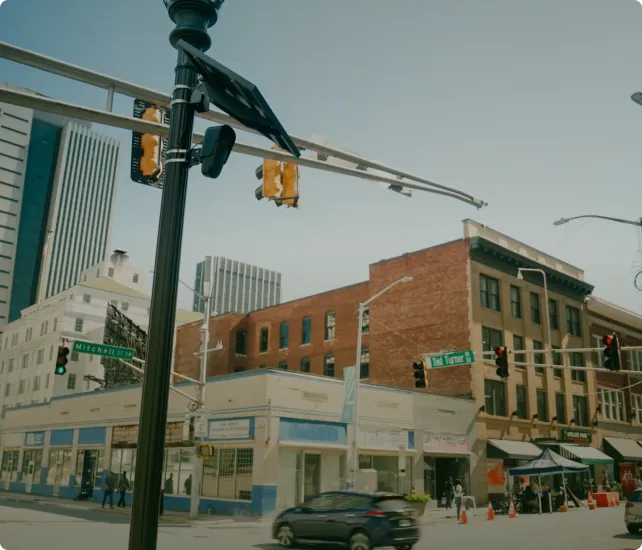


Here’s the Data Police Actually Get from Traditional License Plate Reading Systems
License Plate Reading (LPR) systems have long helped law enforcement in catching criminals and recovering stolen vehicles. But civilians have been skeptical, voicing privacy concerns about personal data being collected. We know traditional LPRs are able to read license plate information, but what exactly is collected? And what happens to that information?
We spoke to Flock Safety consultant Ben Mixon, a Georgia lieutenant with over 13 years of experience in the law enforcement field, to help us explain how traditional LPR data works for law enforcement.
“Police have been using LPR data to effectively keep the public safe for years,” Lt. Mixon said. “Probably the most recognizable example of LPR usage is marked police cars that have cameras on anywhere from one to four corners and are usually sitting near an intersection. These LPRs capture images of plates that drive by.”
Usage and privacy concerns
“My department has made several advancements to close criminal cases using data collected from these systems,” Lt. Mixon said. “While navigating the usage and implementation of LPR technology, I’ve heard several privacy concerns from civilians. I believe that the more law enforcement works together with the public to address those concerns, the better the understanding of the technology will be. And in turn, the safer the community will be.”
“Law enforcement wants to be transparent with the public, and we can start with helping to dispel myths we hear about LPR data.”
Here is the information traditional LPRs collect, according to law enforcement:
- An infrared image of the back of a vehicle — only if a license plate is present.
- GPS coordinates that tell where the photo was taken.
- A time stamp to show when the photo was taken.
“LPR technology doesn’t know who is driving or who is in the car, and it also doesn’t follow or track a vehicle once it leaves the camera’s view,” Lt. Mixon said.
Since the information collected by itself is not able to identify individuals, it is not considered Personally Identifiable Information (PII). Only through the DMV would individuals be able to match the license plate with its registered owner. However, there are strict federal and state laws in place that minimize access to DMV data, even for law enforcement officials themselves.
In areas where LPRs are installed by private entities such as businesses and neighborhoods, the data collected can’t be used to track registered owners unless handed to law enforcement officials who can then pair it with DMV data.
LPRs help law enforcement apprehend criminals, which benefits community safety
In a survey of over 500 law enforcement professionals, LPRs were credited with assisting in 2,180 major crime investigations.
More specifically, the Sheriff’s Department of Sacramento County in California was able to obtain access to a national LPR data network. Within 30 days, they were able to locate 495 stolen vehicles, 5 carjacked vehicles, and 19 other felony vehicles with 45 people arrested.
Tracking and data usage
“Law enforcement agencies are not looking to track, “catch”, or embarrass innocent civilians through LPR data,” Lt. Mixon said.
There are state laws in place that limit how long state-used LPRs can store the data collected. Law enforcement agencies across the country adhere to strict policies about the recording, observing, and dissemination of the captured information.
“LPRs are not purchased and installed to watch or spy on the average citizen,” Lt. Mixon said. “Instead, it’s a tool that makes people, property, and communities safer.”
“Law enforcement not only wants to bring down crime to enhance citizen-safety, but we also want citizens’ cooperation to achieve this goal. Together, with the benefit of technology, citizens in neighborhoods across the country can be better protected. We believe that LPRs can help.”
Improving technology
At Flock Safety, we examined the information traditional LPRs collect and made changes—for the better.
A Flock Safety system is different from traditional License Plate Readers in several ways, capturing more information about the vehicle than just a license plate. We believe that with more details, police are better equipped to connect case dots and keep the community safe.
But, we do this with immense respect for privacy. We are residents ourselves, and we understand the importance of protecting personal data. Our customers own 100% of their own data, and Flock will never share or sell user information.
Find out more about how Flock Safety takes privacy seriously.





Contact us
Discover how communities across the country are using Flock to reduce crime and build safer neighborhoods.

.webp)



.webp)





